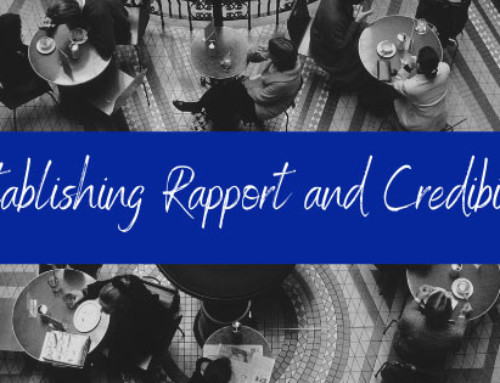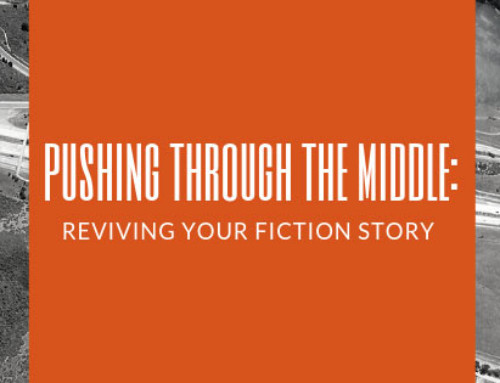
If you have ever experienced blocks in your writing, you can agree that it is a painful state of mind that is often difficult to overcome. These blocks feel like hitting a wall, which makes it challenging to find the words to express your thoughts and ideas. How can you beat writer’s block if you don’t know where the block is coming from?
In the 1970s and 80s Jerome Singer and Michael Barrios, psychologists from Yale University, studied a group of diverse, blocked and unblocked writers and found that all the blocked writers were unhappy. They classified this unhappiness into four groups: perfectionists, comparison to others, lacking internal motivation, being too externally motivated (narcissists).
When you began your writing journey, you probably felt determined and eager. Overcoming writer’s block is about digging deep and bringing back those feelings.
Let’s jump into today’s seven tips to beat writer’s block:
1. Focus on a Writing Routine
Some of you might be thinking that setting a writing routine would be counterintuitive to beat writer’s block. After all, creativity is not something you can schedule, right? Well, if you only write when “inspiration hits” you will eventually get stuck. The only way to push through is by disciplining yourself to regularly write based on a schedule.
2. Change Up Your Point Of View
Try selecting a different character or an inanimate object from your story writing from that unique perspective. Viewing the story through new eyes could provide valuable insight into areas you can improve and offer a fresh approach to moving forward.
3. Squash Your Inner Critic
Your inner critic can easily bring your writing to a halt and give you a big dose of self-doubt. You don’t need to ignore that critical voice completely, but you should establish balance. This way you can address what’s actually necessary and skip over the insecurity and irrelevant parts.
4. Take a Shower
Research shows that when you’re doing something monotonous—such as showering—your brain goes on autopilot, so your unconscious is free to wander. Embrace your wandering mind because it could lead to that creative spark.
5. Develop Your Characters
Take a breather from your narrative and switch your focus to fleshing out your characters. Define their strengths, weaknesses, ambitions, fears, motivations, and emotions. By creating multidimensional characters, you can add depth to your story.
6. Do Some Free Writing
Free writing is the practice of writing for a set amount of time without pause or regard for grammar, spelling, or topic. That means you don’t stop to edit or read back over your work.
The goal of free writing is to write without second-guessing yourself. Find the right location, preferably somewhere you won’t be disturbed, and pull out a notebook, laptop or tablet. Set a timer for 10 minutes and stop writing when it goes off. You can gradually increase your free-writing time as you get more comfortable with the exercise.
7. Find The Root Cause
As we discovered earlier, writer’s block typically stems from a deeper issue than a simple lack of inspiration. If you feel pressure to succeed, remind yourself that writing is an accomplishment. If you’re drained, take a few days off from writing. Once you get to the root of your block it’s much easier to fix.
TL;DR
There’s no magic formula when it comes to overcoming writer’s block, but these tips and finding the root of the block are sure to be a great start.
Discover more from Mill City Press
Subscribe to get the latest posts sent to your email.













Leave A Comment